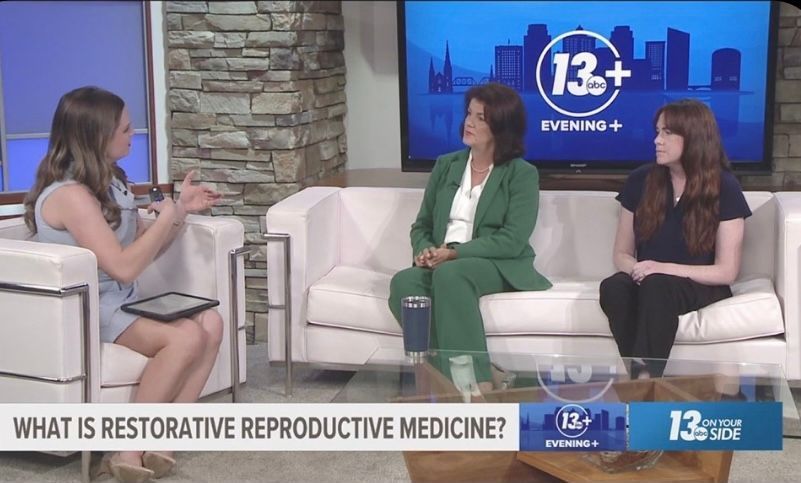We all think of infertile as the term that describes couples who can’t get pregnant.
But not so fast…
We have an important note for patients.
The medical definition of infertility is “the inability to become pregnant after one year of regular sexual intercourse.” But this definition is far from perfect. It does not take into account many related personal factors, and the truth is that many couples diagnosed with infertility eventually conceive and have healthy pregnancies and babies.
So why the label infertile?
At Reply, we do not categorize a couple as infertile just because a year has passed without a pregnancy. Instead, we use the term subfertile, which we believe is more accurate. Subfertile means less than normal fertility—in medical terms, “the inability to become pregnant after six months of regular intercourse.” We describe all couples who have not yet had a full fertility evaluation that uncovered a specific cause of infertility as subfertile, rather than infertile.
This terminology reinforces that our goal is to correct the underlying causes of fertility problems. Our cooperative approach at Reply means we work hard to look for, and treat, the root causes of the patient’s fertility problem, because we know that fertility problems often have multiple factors, and often require a thorough work-up.
Physicians and medical researchers in Europe have used the term subfertile more widely than we in the U.S. have, and we suggest it’s time to think more carefully about terminology. For us, it’s “subfertile ‘til proven otherwise!”
If you or someone you know is concerned about issues of fertility, we encourage you to call us at 919.230.2100 to learn more or click to schedule an appointment.











